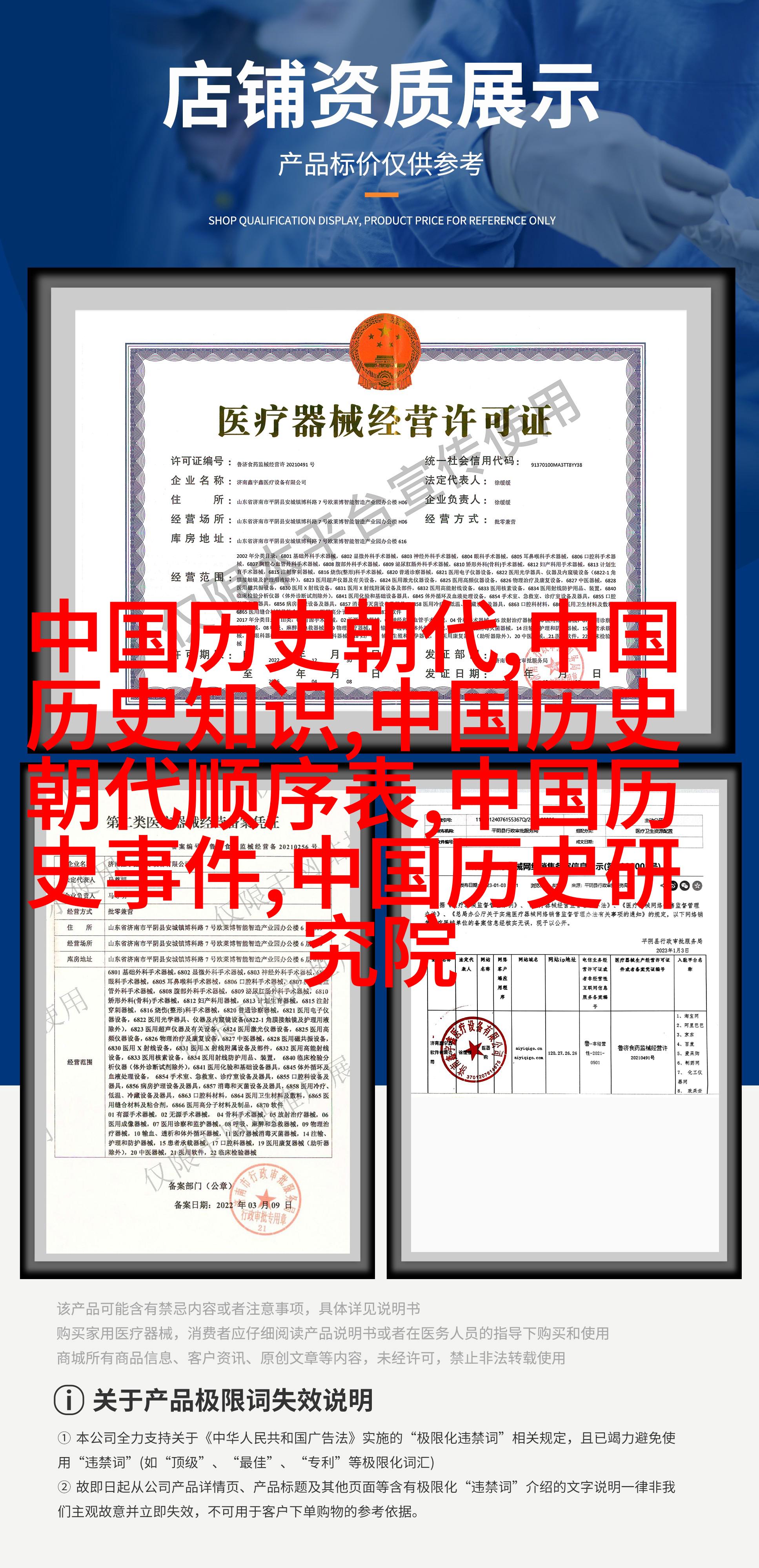The Founding and Rise of the Ming Empire

The Ming dynasty, founded by Zhu Yuanzhang in 1368, marked a significant turning point in Chinese history. After years of turmoil under the Mongol-led Yuan dynasty, the people yearned for stability and order. Zhu Yuanzhang, a former Buddhist monk who had lost his family to famine and war, united various rebel forces to overthrow the oppressive rule of Kublai Khan's descendants. With its capital at Nanjing, the new empire established strong centralized authority through Confucian bureaucracy.
Cultural Flourishing Under Zhengde Emperor

During the reign of Zhengde Emperor (1505-1521), China experienced an era of cultural flourishing unlike any other period in history. Artisans crafted exquisite porcelain and silk textiles; scholars translated classical works into vernacular languages; while poets like Wang Shizhen and Xu Wei composed verses that captured both profound philosophical insights as well as mundane aspects of daily life.
Naval Exploration & Maritime Trade Expansion

Admiral Zheng He's seven voyages between 1405 and 1433 were instrumental in establishing China's maritime dominance during this time period. These expeditions not only showcased Chinese naval prowess but also facilitated trade with Southeast Asia, India, Africa, and even reached Europe on several occasions.
Economic Growth & Social Stability Under Jiajing Emperor

The Jiajing Emperor (1521-1567) oversaw economic growth through agricultural reforms such as crop rotation techniques that improved yields without depleting soil fertility – leading to increased food production per capita for a growing population.
Decline & Fall Of The Ming Dynasty: Internal Crises And External Threats

Despite its many achievements over two centuries, internal corruption within government institutions coupled with external threats from Manchu tribes weakened an already strained economy towards decline during late Ming times – ultimately culminating in invasion by these very tribes which led to establishment of Qing dynasty in 1644 following fall of last capital Beijing after bloody siege known as "The Great Wall Siege".



